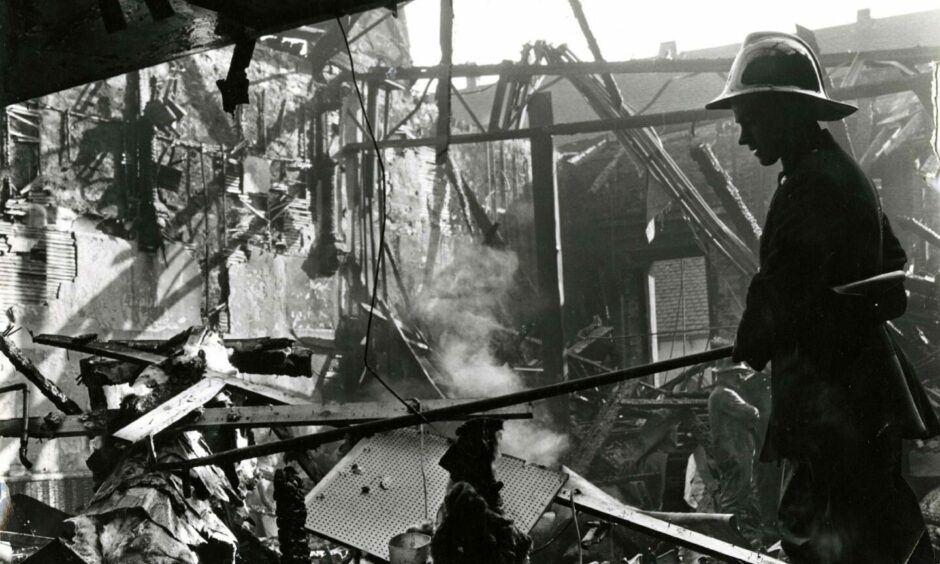
Brian Cox will never forget turning 17 on June 1 1963.
Cox — who will mark his 77th birthday today (June 1) — was enjoying a birthday lunch of meat and onion bridie and chips at Wilson’s Restaurant on Reform Street when he heard sirens.
He forced his way through the crowd of onlookers and watched in despair as flames tore through and destroyed Dundee Rep — where he began his acting career aged 15.
“I was out of there in seconds,” Cox recalled.
“My first thought was: it can’t be on fire, it’s just been redecorated.
“But redecoration is no defence against fire apparently, because there it was with smoke billowing out of it, flames licking at the windowsills and a huddle of shell-shocked staff on the street forlornly watching it burn.
“We all gathered later in the afternoon at somebody’s house and I remember thinking how we were all like lost children.
“Later I attempted to survey the still-smouldering building.
“I’m not sure why — just to see the damage, I suppose.
“I never saw it again, the Rep.”
The first Dundee Rep in 1939 was a hall with a stage.
The guiding lights behind it were a Robert Thornley, who wanted to find a permanent home for his touring company in Dundee, and Dundee Dramatic Society who had just acquired premises in a former jute store which held less than 200 people.
The two groups came together, a board of directors was formed, and premises for a theatre were obtained from the Ancient Order of Foresters in Nicoll Street, once home to rowdy suffragette meetings.
Dundee Rep survived the war, the 1950s Suez Crisis, and the danger of closing down in the early 1960s through public apathy and the slow attrition of recurring debt.
But the tide was now turning.
The fire happened with attendances at the Rep showing a decided increase after the whole theatre was redecorated in January 1963 at a cost exceeding £3,000.
The Dundee Rep cat escaped safely
The Courier reported: “The blaze which reduced the Rep to an empty shell of twisted metal and charred timber in 30 minutes, began behind the stage and quickly spread to the roof.
“The alarm was raised by 21-year-old stage director Jacky Harskin.
“She had just returned from lunch when she spotted flames among props on the set.
“There were five people, including actress Virginia Lloyd, in the theatre.
“All escaped safely. Miss Lloyd, who had been in her dressing room, was in her under-clothes with a coat on top. All her possessions were lost.
“The theatre cat also escaped safely.
“A sale of bankrupt stock in one of the halls below the Rep was brought to a quick end.
“When the fire machines from Dundee Central and Northern stations raced to Nicoll Street the fire already had a good hold.
“Operations were hampered for a while by parked cars.
“Police had to force many of them open to move them out of the danger.
“A column of smoke and flames spread hundreds of feet into the air, blotting out the sun and sending smoke over the west end of the city.”
Dundee Rep fire saw flames shoot 30ft in air in 1963
The fire occurred an hour before the matinee performance of The Rehearsal.
Tenants in adjoining tenement property in Forester Street and Nicoll Street were given preliminary evacuation warning and many left carrying bundles of possessions.
Flames shot 30 feet into the air at the height of the fire.
The roof collapsed at 3.15pm under the intense heat — sending sparks, broken glass, slates and burning embers showering down on the surrounding streets.
The blaze was finally brought under control although it continued to smoulder.
But, as the old showbiz adage says, the show must go on.
The Palace Theatre had already been fixed up by the Rep’s board of directors to stage its next production before the firefighters had left the smouldering £50,000 blaze.
George Geddes, chairman and only original member, said the Palace would provide a temporary measure until a long-term theatre policy for Dundee could be worked out.
He said: “A number of people have described the fire to me as a ‘blessing in disguise’.
“That might well be.
“There were many things against Nicoll Street as a site for the Rep.
“It was tucked away in a side street and there were no car parking facilities.
“We have been thinking in terms of a new theatre in one of the new central redevelopments. But there is the high building costs, which is a big problem.”
The X-Files’ Cigarette Smoking Man, William B Davis, was the Rep’s artistic director and among the large crowd of bystanders gathered on the street that fateful day.
Was the truth out there?
Firemaster John Jackson blamed a carelessly discarded cigarette end.
The Evening Telegraph reported: “Mr Jackson said it had been established that smoking by members of the company was permitted during rehearsal.
“As no other means of ignition could be found, it was reasonable to assume the careless disposal of a lighted cigarette end was responsible for setting fire to the scenery of the stage.
“Mr Jackson said the position was that in the Rep no smoking was the rule on stage, but it was one of these things that with these theatricals when it came to rehearsal time they were a law unto themselves.”
Bond villain was the star turn
So what happened after the stint at the Palace Theatre?
The cast mounted two productions in a tent in Camperdown Park in the summer before taking up residence in a disused church in Lochee Road in October 1963.
The 280-seat Lochee Road Rep stage occupied some of the space which was formerly taken by pews and pulpit and opened with a performance of John Osborne’s Luther.
The sell-out crowd was left shaken and stirred at the Rep’s rebirth.
For Your Eyes Only baddie Julian Glover played the 16th Century German monk Luther and his “amazing” performance received thunderous applause and four curtain calls.
The Courier said: “Mr Glover rampages in front of the audience for most of the play.
“He froths, he roars, he shouts, preaches, and has convincing physical fits, with a technical brilliance and panache which is breath-taking.”
Despite the ingenuity involved in the conversion, the early 1970s witnessed a downturn in arts subsidies.
Meanwhile, conditions in the hall deteriorated, the roof falling in during one performance.
Although the Rep soldiered on despite everything, the quality of the product continued to outstrip the facilities available.
It became increasingly apparent that the Rep had to be rehoused.
In 1977, after negotiations involving the new Dundee District Council, the Scottish Arts Council and Tayside Regional Council, a new scheme for a purpose-built theatre in Tay Square, on land gifted by the University of Dundee, was agreed.
Construction problems, inflation and recession meant there was a distinct danger that the building would never be completed.
At this point the public responded magnificently to an appeal and raised £60,000 in six weeks and the new theatre opened its doors for the first time in April 1982.
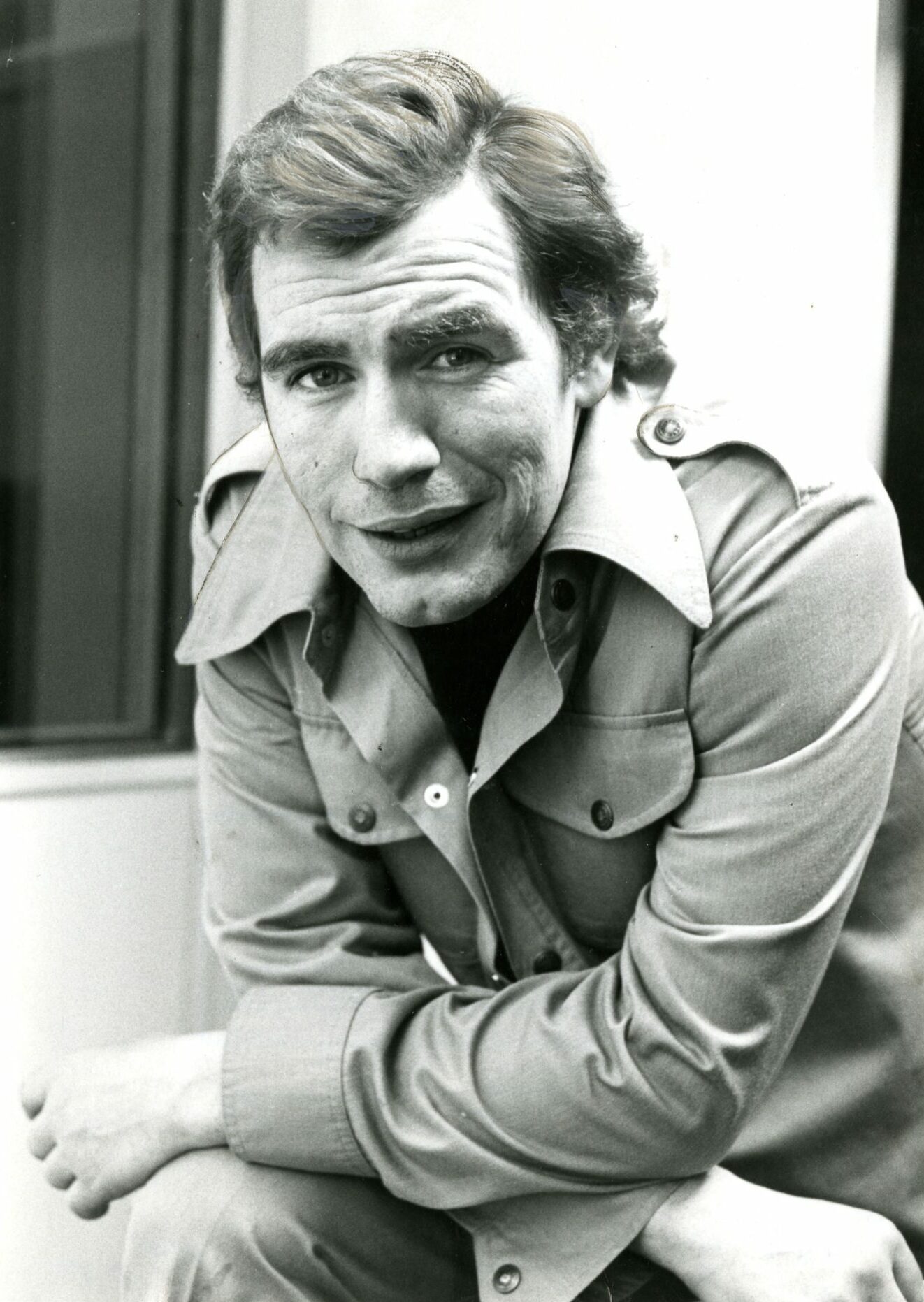
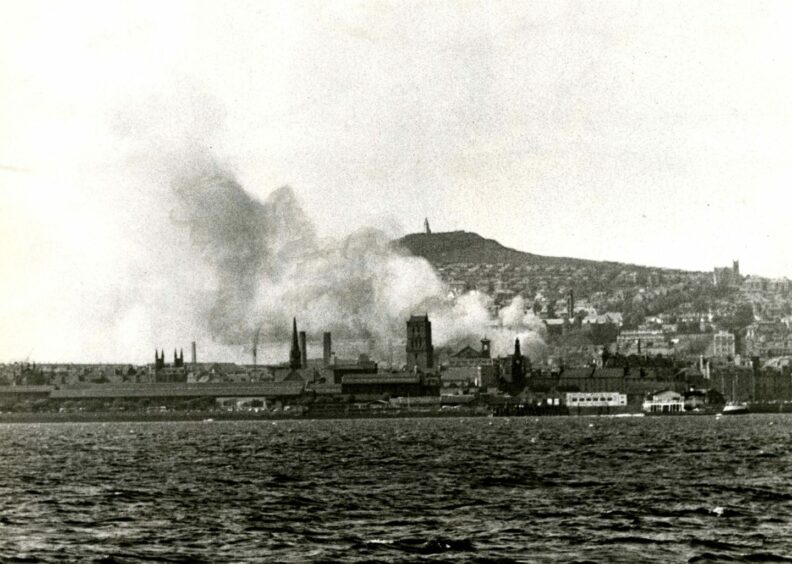
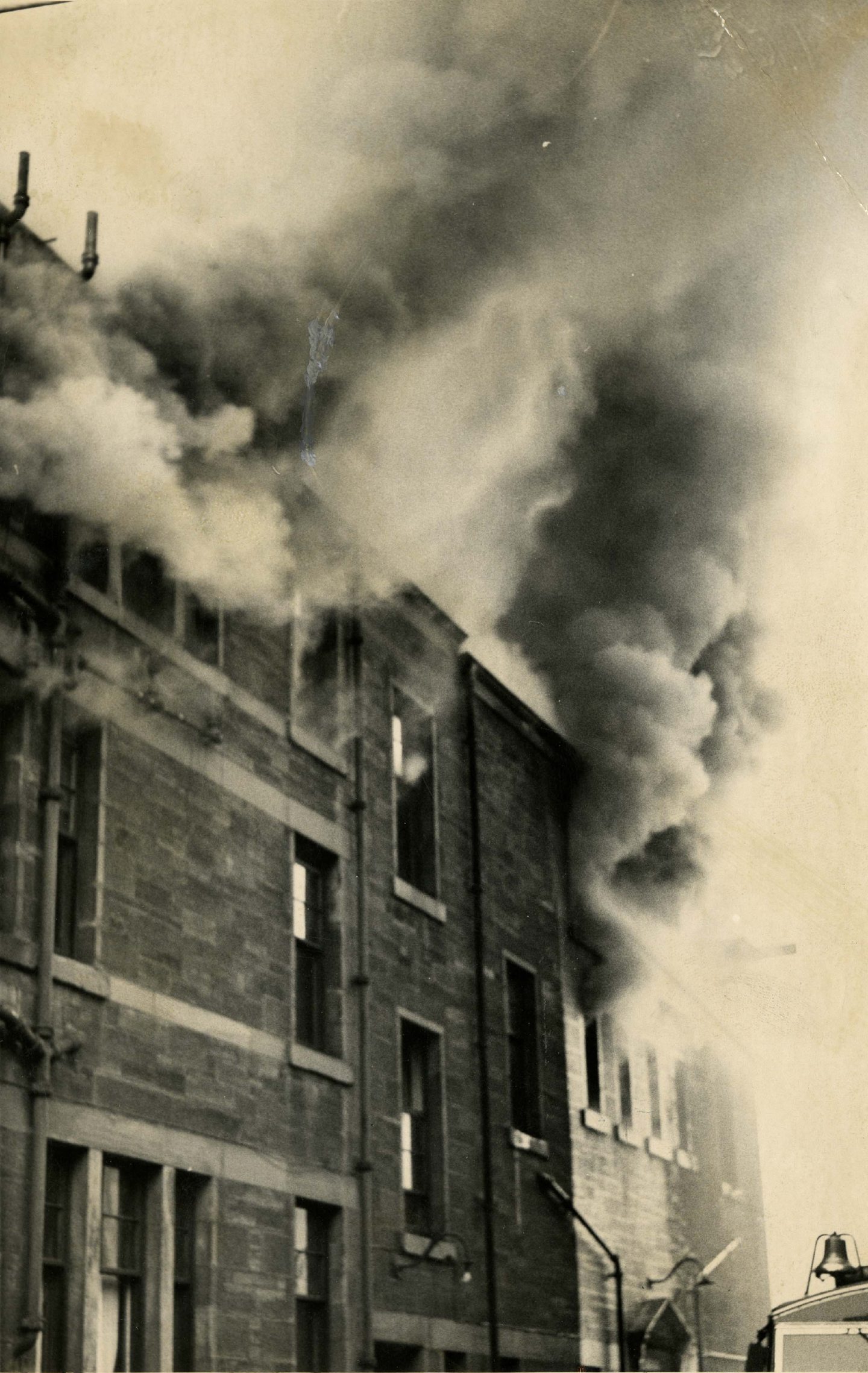
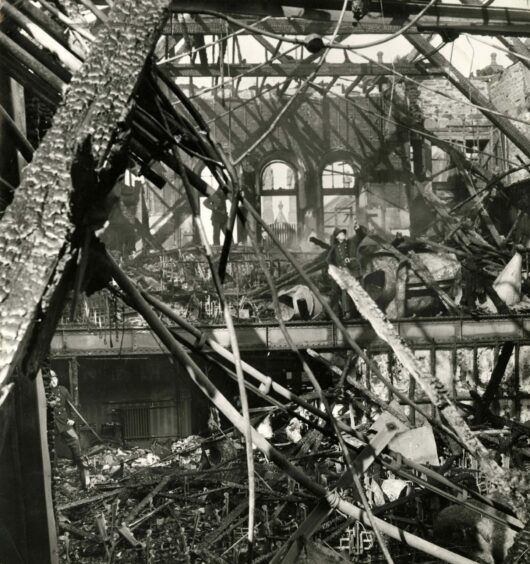
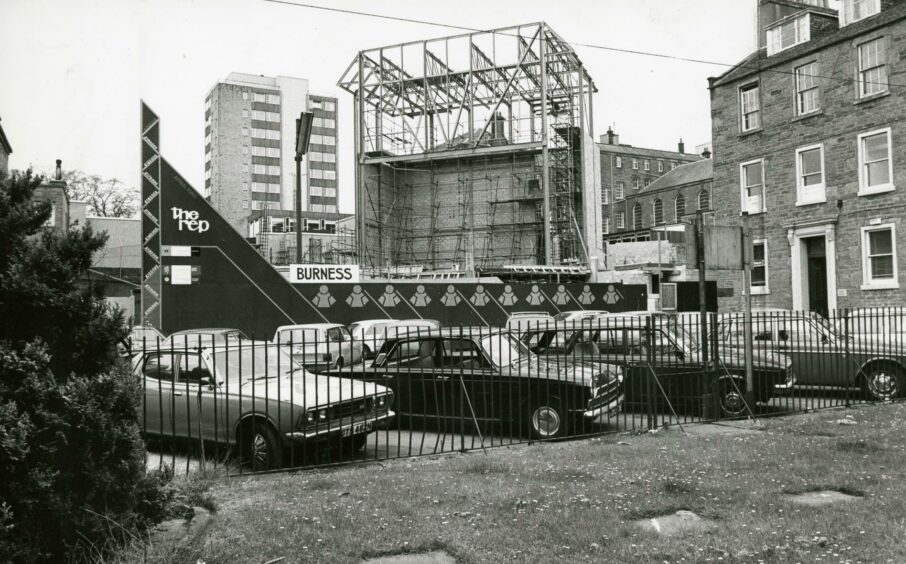
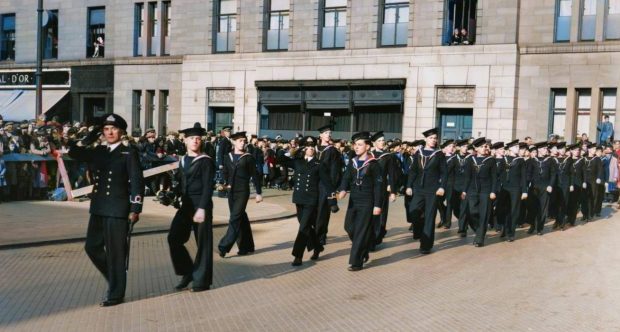
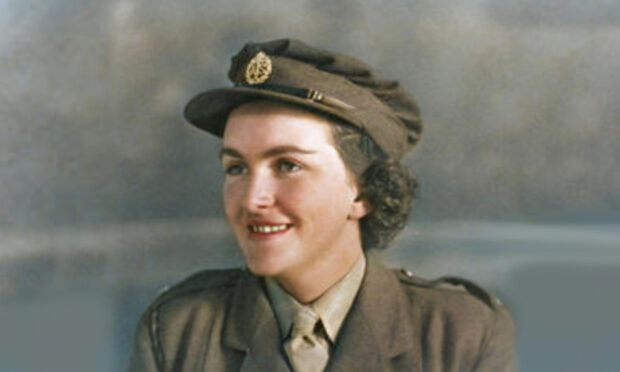
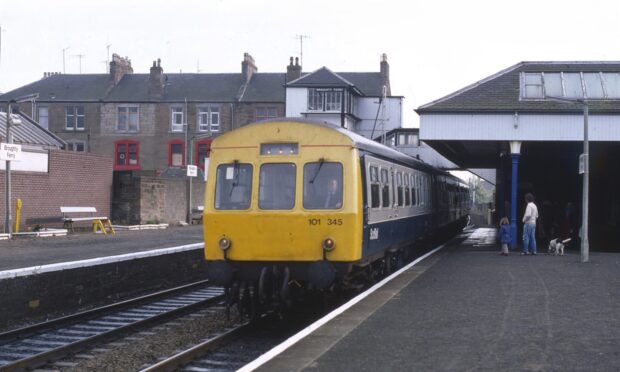
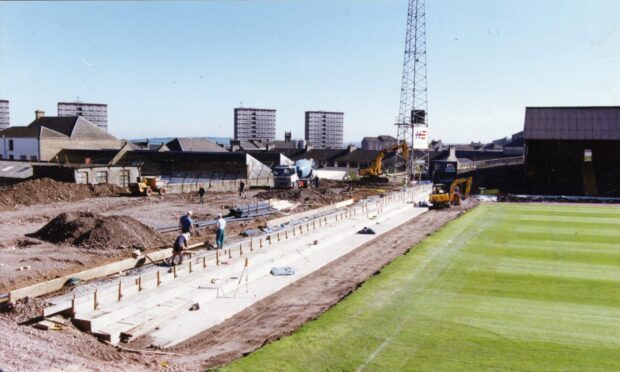
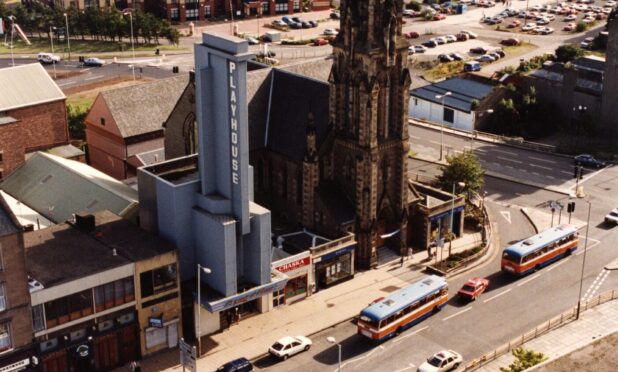
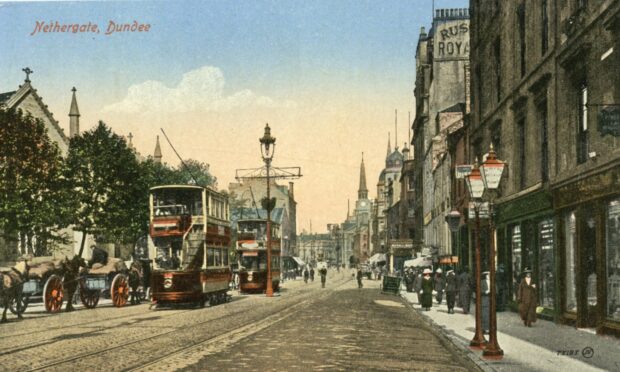




Conversation